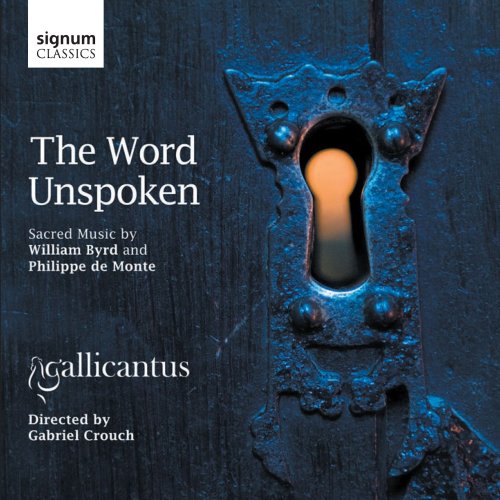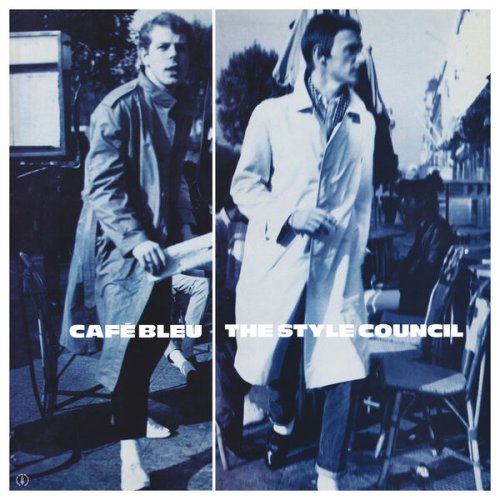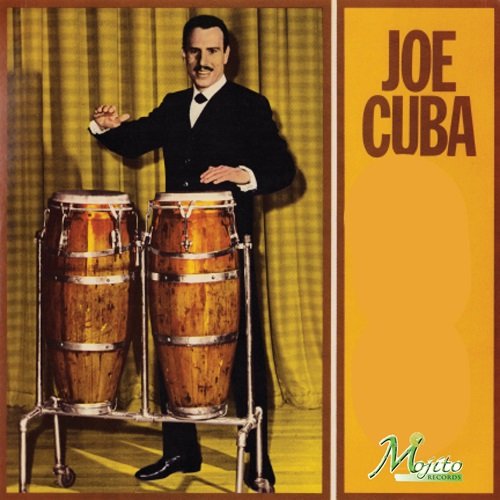Gallicantus, Gabriel Crouch - The Word Unspoken: Sacred Music by William Byrd & Philippe de Monte (2012)

Artist: Gallicantus, Gabriel Crouch
Title: The Word Unspoken: Sacred Music by William Byrd & Philippe de Monte
Year Of Release: 2012
Label: Signum Records
Genre: Classical
Quality: FLAC (tracks)
Total Time: 01:09:11
Total Size: 276 Mb
WebSite: Album Preview
Tracklist: Title: The Word Unspoken: Sacred Music by William Byrd & Philippe de Monte
Year Of Release: 2012
Label: Signum Records
Genre: Classical
Quality: FLAC (tracks)
Total Time: 01:09:11
Total Size: 276 Mb
WebSite: Album Preview
1. Tristitia et anxietas (from Cantiones Sacrae) 09:17
2. Vigilate (from Cantiones Sacrae) 04:38
3. Tribulationes civitatum (from Cantiones Sacrae) 09:23
4. Vide, Domine, afflictionem (from Cantiones Sacrae) 07:56
5. Ne irascaris (from Cantiones Sacrae) 08:46
6. Domine, quid multiplicati sunt (from Motets Book V) 05:47
7. Miserere mei, Deus (from Motets Book V) 03:32
8. Voce mea ad Dominum clamavi (from Motets Book V) 03:02
9. O suavitas et dulcedo 05:04
10. Super flumina Babylonis 05:19
11. Quomodo cantabimus 06:28
Performers:
Gallicantus
Gabriel Crouch (director)
William Byrd, favourite of Queen Elizabeth I, was a confirmed and practising Catholic who worshipped in defiance of the Queen. His status and perhaps even his life was preserved thanks partly to the undeniable mastery of his music, and to the fact that he was careful to maintain an output of music appropriate for a Protestant Rite (simple and English) as well as a Catholic one (florid and Latin).
Byrd was by no means the only major Catholic composer working in England during these years. Furthermore, there were English composers whose faith drove them to work abroad, as well as foreign composers who offered sympathy and encouragement to English Catholics. Included in this latter category was the Flemish composer Phillipe De Monte who entered into a fascinating compositional correspondence with Byrd. Verses of Psalm 136 ‘Super Flumina Babylonis’ (containing many allegorical references to the plight of catholics unable to practice their faith openly) were set to music and exchanged, in what is now seen as an encoded message of mutual support and friendship between brothers in faith.
The texts reveal the Catholic community’s sense of isolation: “How shall we sing the Lord’s song in a strange land?”, Quomodo Cantabimus; and bereavement: “Jerusalem is wasted”, Ne Irascaris, and the elaborate, poetic nature of the encoded messages distributed within it through music.
The early-music consort Gallicantus (led by former King's Singer Gabriel Crouch) is drawn from the ranks of recent BBC Music Magazine award-winning choir Tenebrae.
Byrd was by no means the only major Catholic composer working in England during these years. Furthermore, there were English composers whose faith drove them to work abroad, as well as foreign composers who offered sympathy and encouragement to English Catholics. Included in this latter category was the Flemish composer Phillipe De Monte who entered into a fascinating compositional correspondence with Byrd. Verses of Psalm 136 ‘Super Flumina Babylonis’ (containing many allegorical references to the plight of catholics unable to practice their faith openly) were set to music and exchanged, in what is now seen as an encoded message of mutual support and friendship between brothers in faith.
The texts reveal the Catholic community’s sense of isolation: “How shall we sing the Lord’s song in a strange land?”, Quomodo Cantabimus; and bereavement: “Jerusalem is wasted”, Ne Irascaris, and the elaborate, poetic nature of the encoded messages distributed within it through music.
The early-music consort Gallicantus (led by former King's Singer Gabriel Crouch) is drawn from the ranks of recent BBC Music Magazine award-winning choir Tenebrae.



![Anne Paceo - Atlantis (Deluxe Edition) (2026) [Hi-Res] Anne Paceo - Atlantis (Deluxe Edition) (2026) [Hi-Res]](https://www.dibpic.com/uploads/posts/2026-01/1769709338_kwz9wyhqeqpgf_600.jpg)
![Ediz Hafızoğlu & Nazdrave - 10. Yıl A (2026) [Hi-Res] Ediz Hafızoğlu & Nazdrave - 10. Yıl A (2026) [Hi-Res]](https://www.dibpic.com/uploads/posts/2026-01/1769763619_w34sz8yrmchai_600.jpg)



![Amanda Ginsburg and Andy Fite - Lies! Lies! Lies! (2026) [Hi-Res] Amanda Ginsburg and Andy Fite - Lies! Lies! Lies! (2026) [Hi-Res]](https://www.dibpic.com/uploads/posts/2026-01/1769764395_akrerm8oi3e0h_600.jpg)